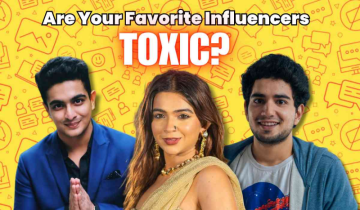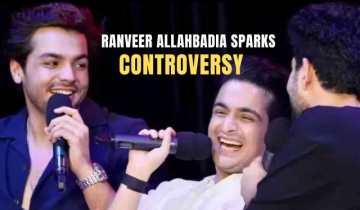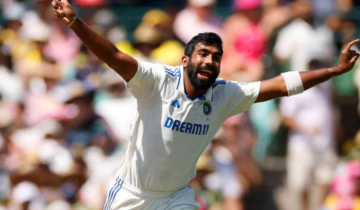The firestorm surrounding India's Got Latent has engulfed social media, leading to FIRs, boycotts, and a sudden surge of moral outrage. Yet, amidst the clamor, critical questions remain unasked. Have we, the audience, inadvertently fueled this controversy? Is the condemnation selective, driven by hypocrisy and a misplaced sense of priorities? This editorial aims not to defend the show or its participants but to examine the complex dynamics at play and to redirect the conversation toward issues of genuine national importance.
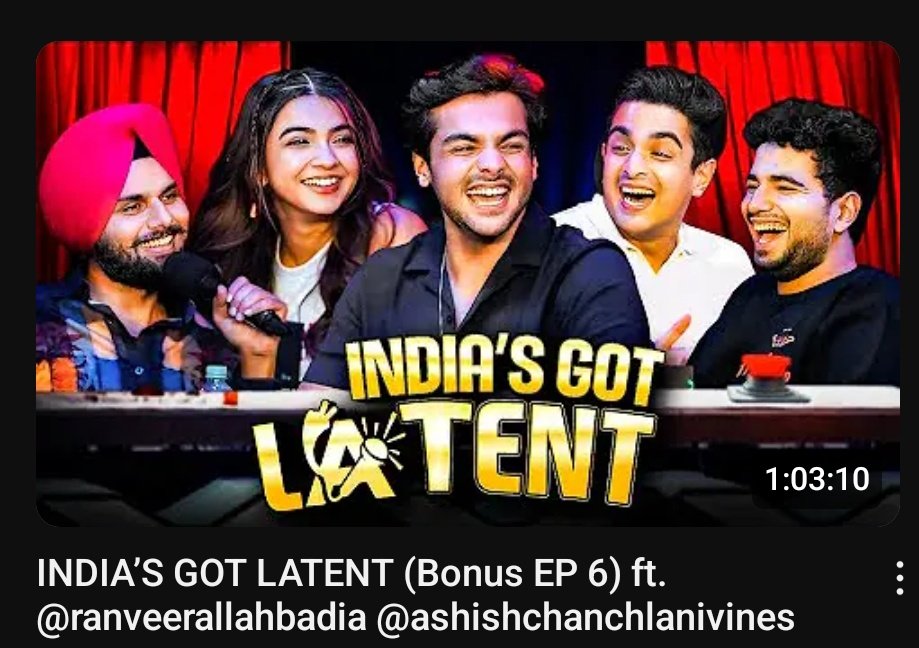
The Audience's Role: We Made Them Who They Are
Before India's Got Latent, Samay Raina was widely regarded as a clever and engaging comedian. Ranveer Allahbadia, known as BeerBiceps, built a following by offering motivational content. Their success, like that of countless other online personalities, hinges on audience engagement. We, the viewers, collectively decide what content trends, what goes viral, and who becomes an influencer. We are the architects of their online personas and, by extension, their platforms. To suddenly denounce Raina as "vulgar" while conveniently forgetting the content that initially drew us to his work smacks of hypocrisy. We celebrated and amplified their voices, and now we condemn them for using those very voices.The same holds true for Allahbadia. Yes, he cultivates a different image as a "motivational, spiritual guru," but this doesn't negate his humanity. He, like all of us, is prone to errors in judgment. The intensity of the backlash against him seems disproportionate, perhaps driven by a discomfort with seeing a figure associated with positivity engage in behavior deemed offensive. This isn't to excuse his actions but to highlight the selective outrage that often permeates social media.

Political Expediency and Double Standards
The swift condemnation from politicians is particularly striking. Maharashtra Chief Minister Devendra Fadnavis and Shiv Sena MP Naresh Mhaske, among others, have voiced their disapproval, decrying the show's content as obscene and a violation of societal norms. While holding public figures accountable is essential, the timing and intensity of this response raise eyebrows. Politicians, too, are not immune to making offensive statements. Many have been accused of hate speech and inciting violence, yet they often escape the same level of scrutiny and public condemnation. Why this sudden concern for our future and moral values when hateful rhetoric has been normalized within political discourse? The answer, it seems, lies in political expediency. Condemning India's Got Latent is an easy win, a performative act of moral outrage that deflects attention from more pressing issues.
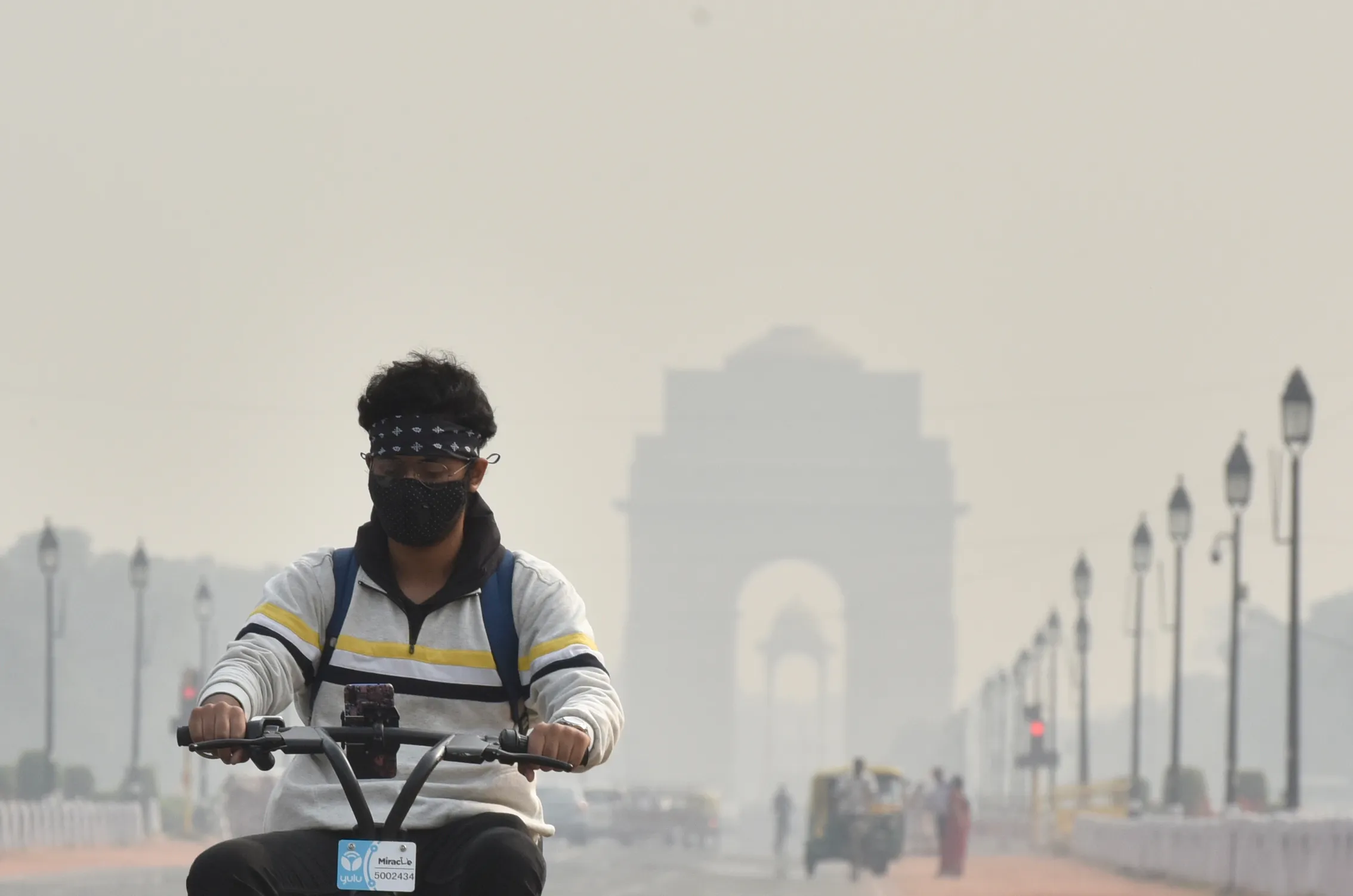
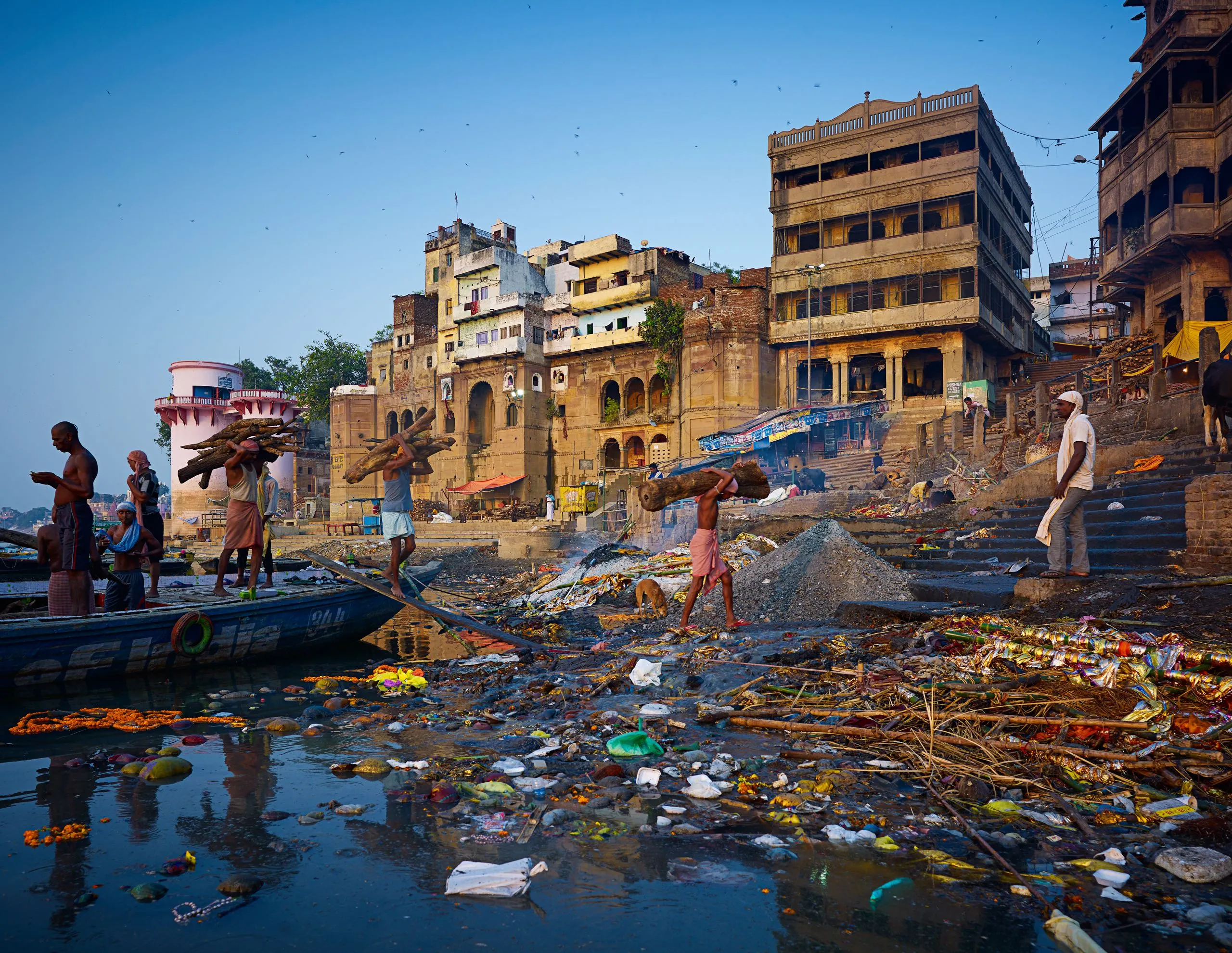
Misplaced Priorities: The Real Issues Facing India
The alacrity with which authorities have acted in this case is also telling. The FIRs were filed swiftly, investigations were launched promptly, and YouTube was pressured to take down the offending episode. While the legal process must be respected, this swift action stands in stark contrast to the glacial pace at which justice often moves in cases of rape, murder, and other serious crimes. The question arises: why this urgency to ban a show when the nation grapples with far more critical issues such as rising unemployment, women's safety, air pollution, and the pollution of the Ganges River? Is banning a show truly more important than addressing the systemic issues that plague our society? The answer, of course, is no. The India's Got Latent controversy has become a convenient distraction, diverting attention and resources from the challenges that demand urgent action.
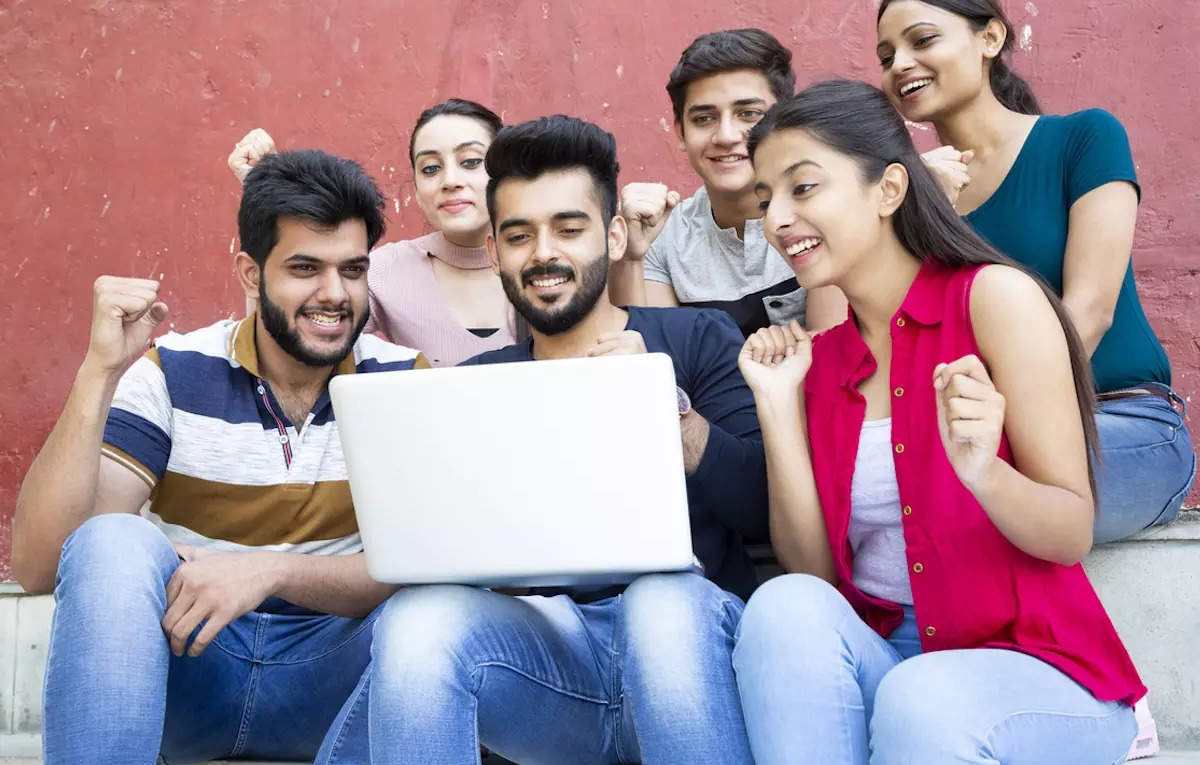
A Call for Constructive Dialogue
This is not to diminish the concerns raised about the show's content. The use of vulgar language, the objectification of women, and the insensitive remarks about differently-abled individuals are all valid points of criticism. However, instead of resorting to censorship and legal action, we should use this as an opportunity to engage in constructive dialogue about modern social media ethics and morals. We need to address the underlying issues that contribute to the production and consumption of offensive content.
The Path Forward
- Promote Media Literacy: Equip audiences with the skills to critically evaluate online content and to recognize harmful stereotypes and messages.
- Foster Ethical Content Creation: Encourage content creators to be mindful of their impact and to prioritize ethical and socially responsible content.
- Demand Accountability from Social Media Platforms: Hold social media platforms accountable for the content they host and ensure that they enforce their guidelines consistently.
- Refocus on National Priorities: Redirect our attention and resources toward addressing the pressing issues that threaten the well-being of our nation.

The India's Got Latent controversy should serve as a wake-up call. It's time to move beyond selective outrage and misplaced priorities and to engage in a more meaningful conversation about the values we want to uphold as a society. Banning a show is not a solution; addressing the underlying issues is. Only then can we create a more ethical, inclusive, and just online environment for all.
With inputs from agencies
Image Source: Multiple agencies
© Copyright 2024. All Rights Reserved Powered by Vygr Media.



